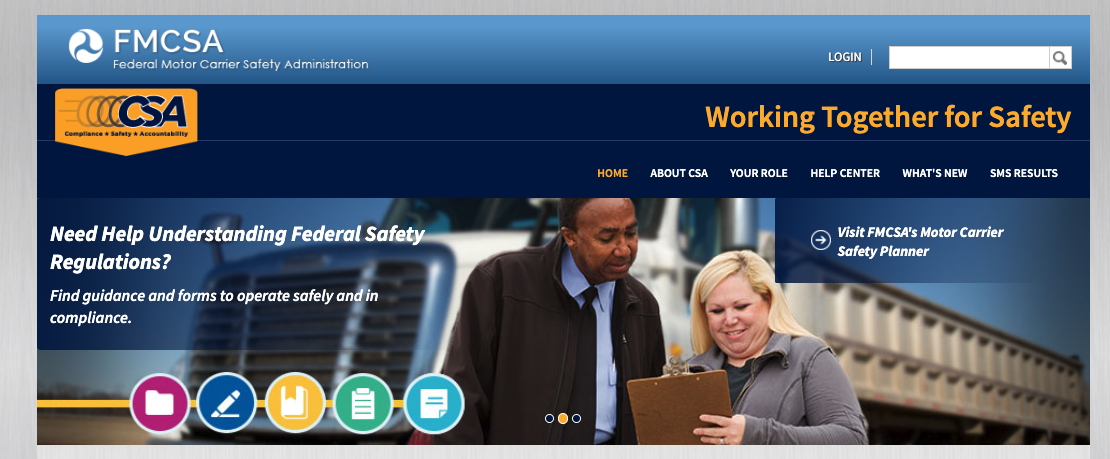The Concept of CSA Explained

In the realm of fleet management and logistics, understanding the nuances of compliance, safety, and accountability is paramount. The acronym CSA stands for Compliance, Safety, Accountability, a program initiated by the Federal Motor Carrier Safety Administration (FMCSA). This initiative aims to improve the overall safety of commercial motor vehicles on America's roads. By delving into the intricacies of how CSA works and its implications for fleet managers, logistics directors, and risk management officers, businesses can leverage this knowledge to enhance their operational efficiency.
What Does CSA Mean?
The CSA program is a comprehensive safety initiative designed to hold commercial motor vehicle operators accountable for their performance. It evaluates drivers and carriers through a series of safety measurements and interventions, ensuring adherence to established safety regulations. But what does CSA mean for your business? Essentially, it provides a framework for identifying high-risk operators and implementing corrective actions to mitigate potential hazards.

How Does CSA Work?
At its core, the CSA program operates through three main components: the Safety Measurement System (SMS), interventions, and a safety fitness determination. The SMS is a data-driven system that analyzes a carrier's compliance and safety performance based on various factors, such as roadside inspections and crash reports. It categorizes these findings into seven Behavioral Analysis and Safety Improvement Categories (BASICs), ranging from driver fitness to hazardous material compliance.

Interventions, the second component, involve a series of steps taken to address identified safety issues. These may include warning letters, targeted inspections, and comprehensive investigations. By focusing on specific problem areas, interventions aim to correct unsafe behaviors and improve overall safety performance.
Finally, the safety fitness determination assesses a carrier's compliance with safety regulations, assigning a safety rating based on their performance in the SMS and interventions. This rating serves as a crucial benchmark for fleet managers and logistics directors striving to maintain a robust safety culture.
The Importance of CSA in Fleet Management
In today's competitive business environment, the CSA program is indispensable for fleet managers, logistics directors, and risk management officers. By understanding and implementing CSA guidelines, businesses can mitigate risks, improve compliance, and foster a culture of safety. Moreover, leveraging technology to integrate data from various sources allows for real-time insights and alerts, enhancing operational efficiency and transparency.

CSA: A Catalyst for Innovation and Partnership
The CSA program not only underscores the importance of safety and compliance but also encourages innovation and partnership within the logistics industry. By adopting a proactive approach to risk management and embracing cutting-edge technologies, businesses can forge strong partnerships and drive operational success.
In conclusion, understanding the concept of CSA and its implications is vital for fleet management and logistics professionals. By prioritizing compliance, safety, and accountability, businesses can ensure their operations are both efficient and secure, ultimately contributing to a safer and more sustainable transportation industry.

